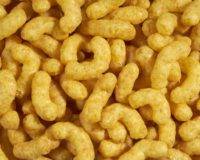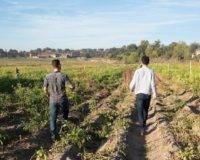The Kosher Trader Joe’s Facebook Group Is the Best Thing on the Internet
The Kosher Trader Joe’s Facebook Group is much more than just a place to discover new products or ask questions, and it’s also far from new: the group has been active, and growing, for more than seven years. With almost 60,000 followers, it has solidified itself as the largest kosher


